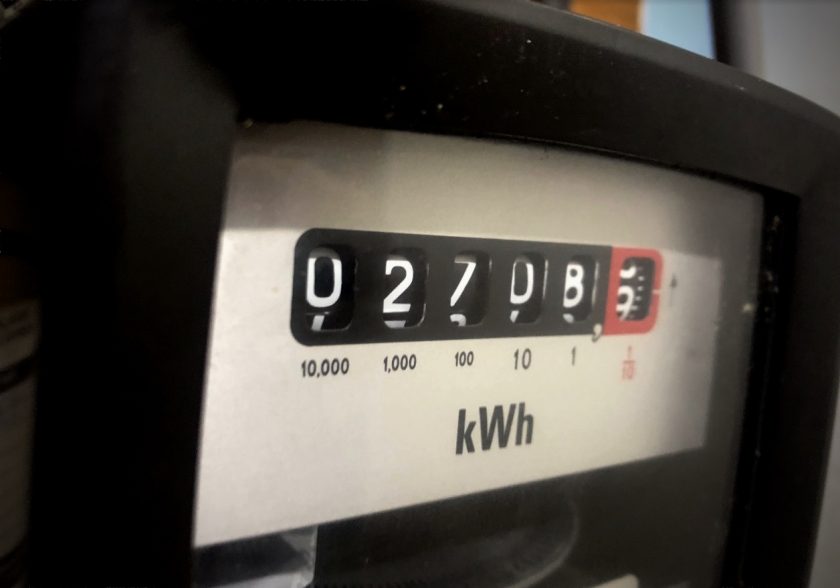Price Cap: Forecast signals 7% drop in bills, but affordability concerns remain

Analysts at Cornwall Insight have published their final forecast for the upcoming energy price cap, predicting a 7% drop in bills for a typical dual-fuel household from July.
Between July and September, the Default Tariff Cap is expected to fall to £1,720 a year, down from the current £1,849. This would mean an average saving of £129, though bills will still remain well above levels seen before the energy crisis.
The energy price cap sets a limit on what suppliers can charge per unit of gas and electricity and also caps the standing charge. The current cap, introduced in April 2025, applies to standard tariffs and is based on typical annual usage by a household paying by direct debit.
The revised forecast comes after the observation window closed on 16 May and reflects a mix of rising wholesale energy prices and updated estimates for network and policy costs.
Cornwall Insight has also assumed that Ofgem will continue applying its transitional debt-related cost adjustment of around £28 until at least the end of September.
While the forecast is a positive development for many households, Cornwall Insight has urged caution.
Dr Craig Lowrey, Principal Consultant, said the drop was welcome, but not enough to resolve affordability issues faced by many.
“The fall in the price cap is a welcome development and will bring much-needed breathing space for households after a prolonged period of high energy costs,” he said.
“But it should be taken in context. Prices are falling, but not by enough for the numerous households struggling under the weight of a cost-of-living crisis, and bills remain well above the levels seen at the start of the decade.”
Dr Lowrey added that the energy market remains volatile and warned that global events could push prices back up.
He called on the UK Government to look at targeted support, including social tariffs, to protect the most vulnerable.
While market reform is under discussion, including the potential for zonal pricing, Cornwall Insight says these changes could take years to implement.
In the short term, Dr Lowrey said continued investment in domestic renewable energy could offer stability and energy security.
“There are reasons for optimism. The continued growth of domestically produced renewable energy is a positive step forward. It improves our energy security and helps mitigate the effects of the global price shocks we’ve seen in recent years.”
Meanwhile, consumer comparison site Uswitch said households could save more by switching now rather than waiting for the cap to fall.
Richard Neudegg, director of regulation at Uswitch, said: “There are a number of fixed deals on the market already cheaper than the predicted July rates, and we’re seeing the biggest savings versus the price cap since autumn 2020.
“The average household on a standard tariff could save around £332 a year by switching compared with the current price cap, which also beats the latest July prediction by around £200 per year.”
He urged consumers to explore the market and consider switching sooner rather than later.
Spotted something? Got a story? Send a Facebook Message | A direct message on Twitter | Email: [email protected] Latest News








